i have totally no idea regarding making artificial intelligence in a game (i am going to apply it on a simple Tic Tac Toe game)
my current idea is to make an array of possible options to win the game (like 3 X in row 1 = win or something) and then makes the computer try to fill the grid with one of the arrays, but how to choose the most appropriate option from others, and how to make it smart/stupid (difficulties) if possible i need an algorithm to use, and if possible a book that fills the gap in my brain =P
Best Regards
